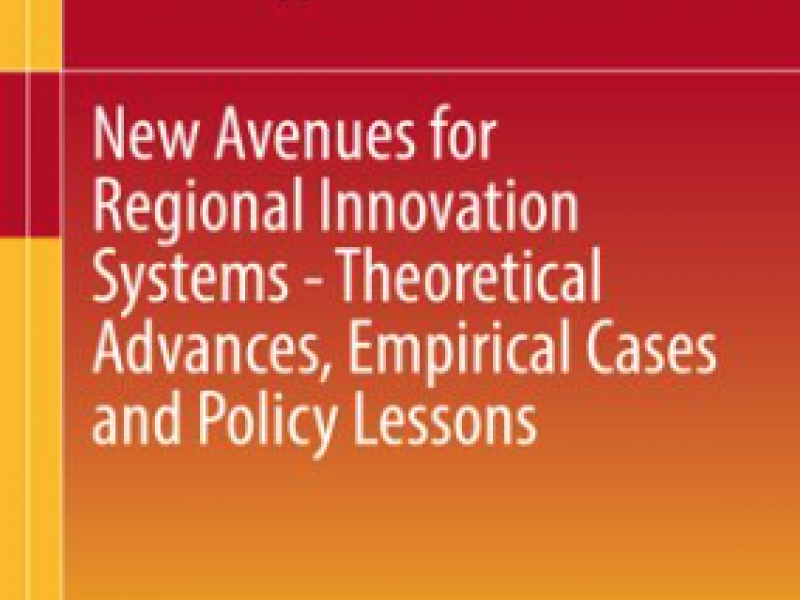Ms. Stephanie Campbell

Stephanie is a Research Assistant on the Gippsland Smart Specialisation Strategy, focusing on innovation and sustainable regional development working in the local community. She is also completing a PhD in political science under the supervision of Professor Lars Coenen and Professor Robyn Eckersley, and is a co-convenor of the Climate Transformations Research Cluster. Stephanie is also contributing to the Australian Coal Transitions project.
Prior to joining MSSI, she completed her Masters of Public Administration–a two-year interdisciplinary degree in public policy and administration–with distinction at the London School of Economics and Political Science, where she studied subjects in economics, political science and political sociology, and specialised in international development policy. While overseas, she worked at the OECD's Observatory of Public Sector Innovation, conducted research for the LSE's Department of International Development, completed a capstone consultancy for UNICEF, and was Senior Editor of The Public Sphere, an journal of international public policy studies produced by postgraduate students in the LSE's Institute of Public Affairs.
She has previously spent 4 years working in the economics team of Deloitte in Australia, as an economic consultant providing advice to the public, private and not-for-profit sectors. She worked as a Project Manager on projects involving microeconomic analysis of policy issues and strategy advisory in a range of policy areas, including climate change and environmental economics, social policy, Indigenous Affairs and public service innovation. She was nominated for Deloitte Businesswoman of the Year in 2012 and 2011. She also holds a Bachelor of Commerce (Economics, Finance) and a Bachelor of Arts (Political Science, English) from the University of Melbourne and is a 2011 Centre for Sustainability Leadership Fellow.
Her research and policy interests include:
- Issues of economic and social justice and inequality;
- The role and distribution of power in politics and society, and implications for democratic institutions and processes;
- Collective action and coordination problems, particularly within social movements and grassroots community action;
- Political psychology and the role of emotions in political and social decision-making.
She is interested in the implications of these topics for economic and social transitions to a more sustainable, equitable and democratic future, including with respect to international development and action on climate change. In considering these issues, she draws on a variety of disciplines, particularly political science, economics, and political sociology.



